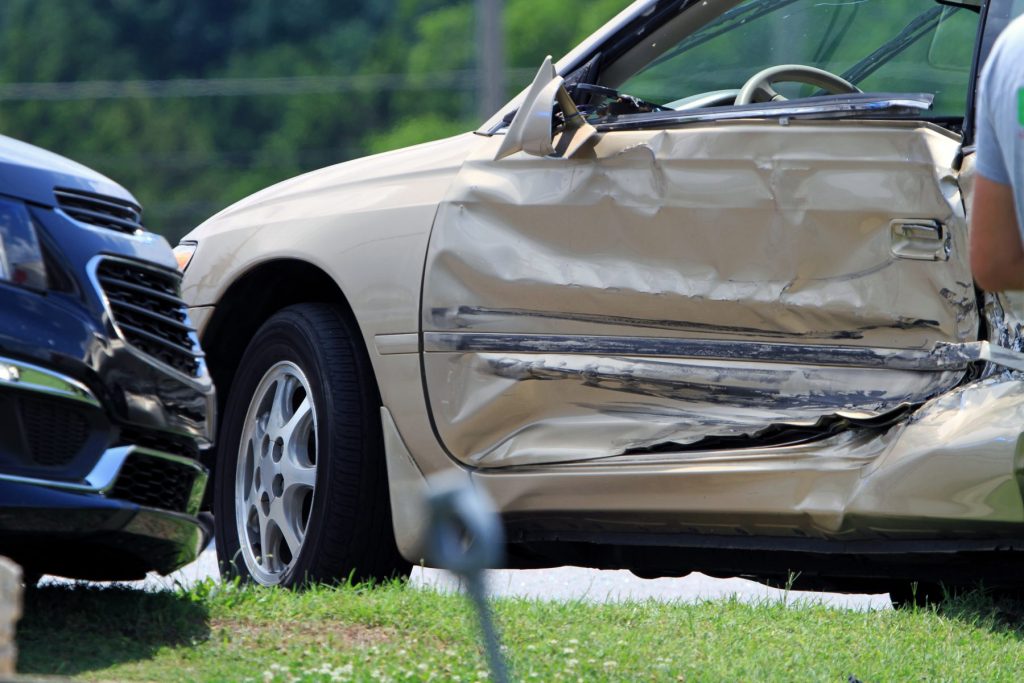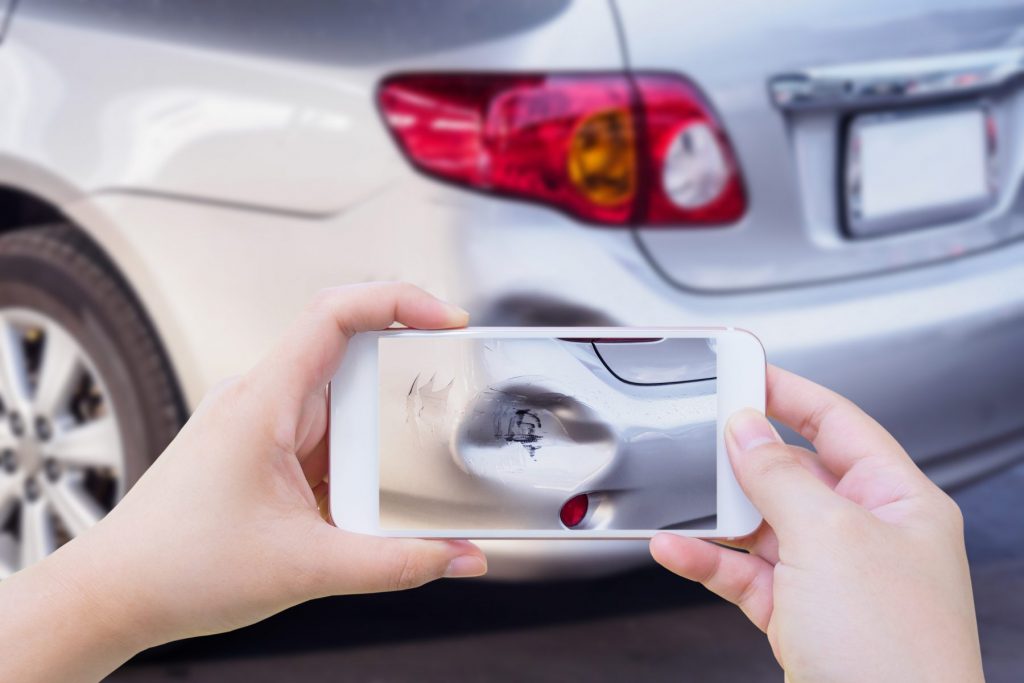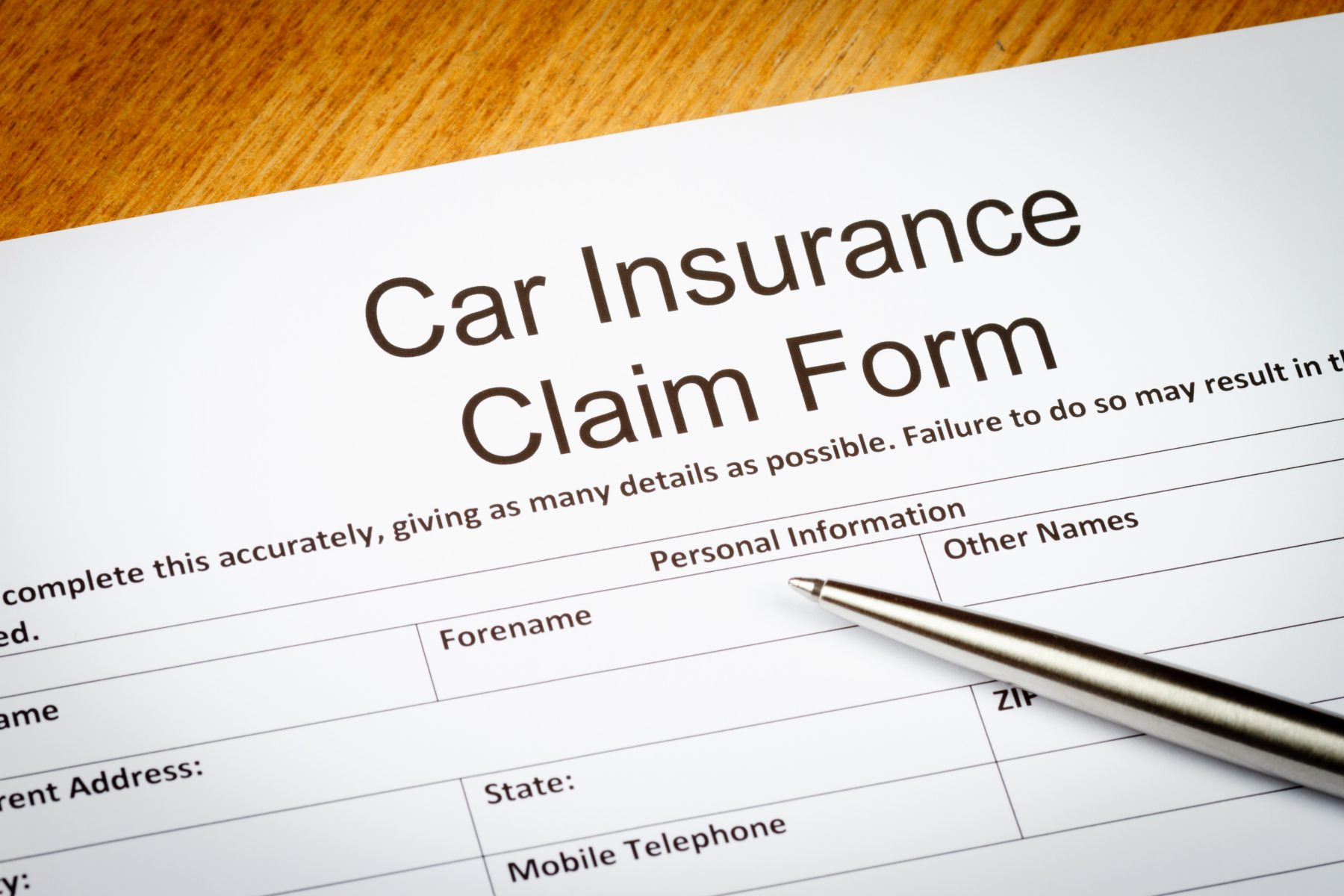When you are involved in a serious car accident, you are lucky to walk away from it with your life. The last thing that you want to worry about is the legal maze involved in filing a car accident claim and obtaining compensation for your injuries. Thankfully, in Texas, car accident victims generally have two years to both file their car accident claim and to file a lawsuit.
Both of these deadlines simultaneously countdown from the date of the car accident. Although there are limited exceptions that would allow you to file your claim after the initial accident, these are only granted in extraordinary situations. In order to safeguard your rights, we suggest following all of the following tips.
File Your Car Accident Claim Promptly
Even though you may have two years to gather facts and evidence and to ultimately file your lawsuit in Texas, you should never wait until the last minute. The major risk of filing a late car accident claim occurs when injury victims are unable to reach a fair settlement. Regardless of whether the insurance company agrees to pay up or not, you may forgo your opportunity to sue the defendant driver in their personal capacity for the damages that are not covered by insurance.
In Texas, minimum coverage will only pay a maximum of $30,000 per person for bodily injury and a cap of $60,000 when there are multiple individuals injured. In addition, the insurance will cover a mere $25,000 for property damage, which may be much less than your vehicle is worth, in some cases.
Although you may have a claim under your own insurance policy if you carry underinsured and uninsured motorists’ insurance, this comes at a higher annual premium that few drivers buy. And, in any case, there are always loopholes that can make it difficult to make out a claim and obtain coverage.
Furthermore, when you wait too long to file your claim, the insurance company is able to create additional loopholes. They may be able to argue that the damage to your vehicle or physical injuries occurred as a result of some other event. When you preserve the evidence and put the defendants on notice of what it is, they will be hard-pressed to argue that you incurred the damages elsewhere and want them to pay the bill.
And when you start putting together your case from square one with an attorney, it is easier to make a chronological timeline of the events and to support the claims with additional evidence. You may also choose to hire a forensic expert to recreate the accident when the question of fault is in dispute. Fresh tire marks at the scene and even the possibility of interviewing witnesses while their memories are still fresh can help strengthen your case.
Insurance companies are understandably suspicious when victims of accidents file the claims late. In most cases, the injury victims need to file a claim to pay for medical bills and to replace damaged property. Although there are some logical reasons to put off the actual filing of the claim, as you develop a full record of the injuries and damage, waiting too long can remove the burden of conscience that compels people to do the right thing.
When you are not facing emergency situations and appear to be dealing with the accident without any assistance, it lacks the same emotional weight. It can even come off as an opportunistic ploy that is calculated rather than a raw and unvarnished plea for economic relief.

Exceptions to the Texas Statute of Limitations
There are always exceptions to the statute of limitations because every case has different factual situations. And while it is never advisable to rely on the courts recognizing any of these exceptions without solid independent support, accident victims should not fret if they find themselves past the deadline for good reason. Let’s consider the key rules that can extend the filing period.
Actively Misled by the Defendant
Insurance companies are in a position of accountability and trust. Our government allows them to monopolize on the industry for the greater welfare of the community. When insurance companies start to use dishonest and aggressive methods to actively mislead injury victims regarding the time that they have to file a claim or lawsuit, this can be cause for concern and judicial intervention.
Although it is rare, an insurance agent may mislead a victim to believe that they have much longer to file their claims. They may suggest that the injury victim wait until they have all their medical bills and property damage tallied. Even this open-ended statement can confuse victims and lead them to file claims late.
An insurance company may also draw out a settlement of the claim to remove the chance of a jury awarding a victim maximum compensation. They may errantly inform the victim that they have two years from the completion of the insurance claim decision process to file a lawsuit rather than two years from the date of the accident.
In any case, a plaintiff may only succeed with this exception if they have something in writing. Otherwise, any plaintiff could walk into court and use this excuse to bypass the time limits. Although a jury may believe the plaintiff, why gamble with the admissibility of such hearsay statements?
The Discovery Rule
The Texas courts may provide an injury victim with something called “equitable tolling” to extend the timeframes to file a lawsuit if the plaintiff demonstrates that injuries were not discovered until later. “Equitable tolling” is a principle that reflects the fact that personal injury courts are also courts of equity where common law rules require flexibility to guarantee evenhanded and fair remedies for injured parties.
Traumatic brain injuries are one example of a medical injury that can seem mild at first but eventually manifest in severe neurological symptoms. And when children are impacted, it can be unclear what long-term damage this cause to their development. It would be unfair to bar a lawsuit that addresses symptoms from the original injury that became manifest much later.
While filing a claim for the accident itself may preserve the cause of damage and put the defendants on notice of a claim against them, the court may ultimately find insufficient evidence to award damages on car accident claims that haven’t fully developed yet. The solution is to extend the time for reconsideration or filing of the claims rather than to suspend the case on the docket indefinitely.
It is difficult to imagine other scenarios where an injury from an accident could not be discovered in the two(2) year statute of limitations period. The test for the Discovery Rule is whether the plaintiff could have discovered that an injury occurred with due diligence. The plaintiff is required to file a claim to preserve the issue even if the full nature or extent isn’t clear yet.
Incapacitation
If an accident is serious enough and the victim doesn’t have any trustworthy friends or family to act on their behalf, they can plead that their incapacitated state from the severe injuries should toll the statute of limitations and extend it. In some cases, an accident victim can be so severely injured that they would not reasonably be expected to file a claim or know what to do. Brain injuries and other severe injuries, such as paralysis, can effectively handicap and deprive them of the means to seek out help.
Adolescents
An adolescent may be injured in an accident and have recourse if their parents or guardians did not file for compensation on their behalf. In these cases, the courts can extend the time to file the claims for two years after their 18th birthday. This is the point that they reach maturity and adulthood. At this junction, they should be afforded the opportunities to develop their claims and seek out legal assistance.
Personal Jurisdiction Evasion
In order for a plaintiff to sue the driver in a car accident, they have to know the whereabouts of the plaintiff to complete service. If your attorney files the lawsuit on time and uses due diligence to locate the driver, the court may extend the timeframe to serve the Complaint on them well beyond the statute of limitations. You can generally preserve a claim by filing it in the correct jurisdiction where the injury took place and reopen the case, at any time, when the defendant is located.

What Can I Do to Preserve My Car Accident Claim?
There are numerous steps that you can take to ensure your success in the courts. Because car accident cases are proven by a preponderance of the evidence standard, every little bit helps. A preponderance of the evidence is a standard of law that requires proof that something is more likely than not. You can think of this as 50/50 evidence by both parties, but one provides a compelling argument or a piece of evidence that makes their account more credible.
Ensure that a Police Report is Filed
You should always ensure that police come to the scene to file a report. Even if the accident seems minor, you may find yourself suffering from long-term disabilities and whiplash symptoms the next day or many months later. When you have an official report and account of what happened, it is weighty evidence that helps to prove the element of fault in a claim.
The question of who is at fault is of paramount importance. No matter how serious your injuries, the defendants can always allege that you were equally at fault because you failed to yield, you were speeding, or that you failed to maintain your vehicle properly. This is the legal theory of comparative negligence. If the accident was truly an accident and both parties could have, theoretically, prevented it, you cannot obtain any awards for the damages.
Take Photos or Video Footage of the Accident Scene
Eliminate any doubts regarding the conditions surrounding the accident and try to interview any potential witnesses. Take pictures of all the damages to your vehicle and body if possible. If you are unable to personally handle your affairs, you should try to contact a friend or family member to assist you in cataloging the damages while the wounds are still fresh. This graphic evidence can have a compelling effect on a jury because it is graphic and raw.
Seek Medical Attention
Even if you feel fine, you have to be careful because some injuries will severe nerves. You can have a severe puncture wound in your body and not even know it if the main nerve is severed. Whiplash and other neurological disorders can also sneak up on you and hit you with fatigue, dizzy spells, headaches, blurred vision, and pain symptoms much later. It may take the expert testimony of a neurologist to connect the events to the accident but making a medical documentary, even if you feel a little off after an accident, is helpful.
Ultimately, the medical bills and the extent of pain and suffering that someone would reasonably go through in your condition will make up a substantial amount of the damages. Therefore, you should always try to document your progress and rehabilitation during the accident in a very matter-of-fact manner. Keep records of all medical bills, insurance premium payments, and lost wages to obtain full compensation in your case.
Assess the Property Damages
Not all automotive accidents damage the plaintiff’s car. Some accidents occur when a drunk driver or sleepy driver rams right into their home. This is especially true in areas that have heavy traffic and tight corners to turn. In any case, you should keep receipts of all the repairs and fully document your losses.
Keep Track of All Expenses
It is easier than ever to keep track of your spending with digital bank and credit card statements. Ensure that you save these records each month on your computer. The banks and credit card companies may vacate the records every so many months or years.
Conclusion
By following all these steps, you can obtain maximum compensation for your car accident claim. Always be sure to consult with a qualified attorney when you need help. They know the fine contours of the law and exactly what must be done at every phase for full and swift compensation. Never accept a settlement without first consulting a car accident lawyer. When insurers are eager to settle, it is often because you are entitled to much more than they are willing to pay you.

